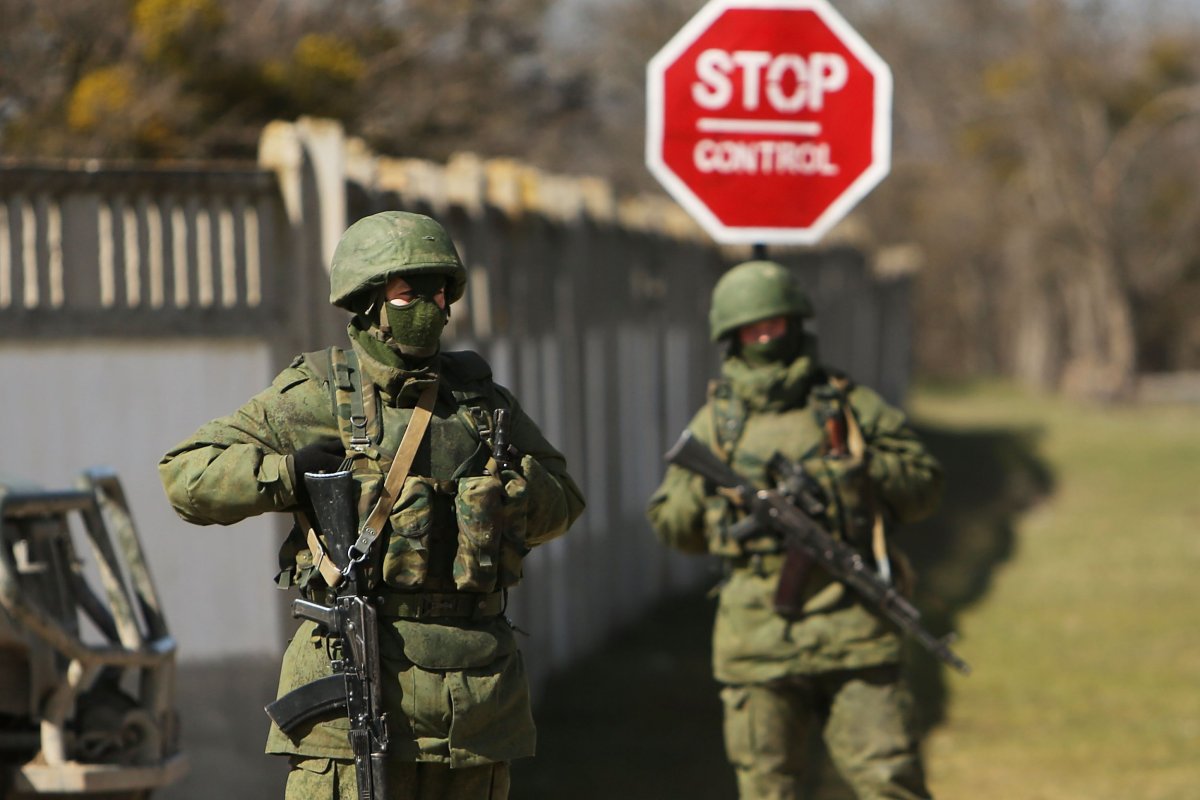This article first appeared on the American Enterprise Institute site.
On September 14 Russia will begin what is likely to be its largest post-Cold War military exercise.
Zapad (or West) will take place across the Belarusian border with NATO members Latvia, Lithuania, and Poland.
Although Russian military and civilian authorities insist that there is nothing for the West to worry about, the confluence of Moscow's past actions, its current foreign policy, the state of Russia-West relations, the domestic political imperatives of the Putin regime, and its relations with Aleksandr Lukashenko's Belarus warrants careful watching of the drill.
To begin with, there is a lack of clarity about the scope of the Zapad maneuvers, which are to last six days and nights.
Russia insists the troops deployed will not exceed 13,000, thus effectively closing the drill to on-the-ground observation by Organization for Security and Co-operation in Europe (OSCE) members.
Yet, as in the previous Zapad exercises held in 2009 and 2013, the exercises are likely to be accompanied by a host of simultaneously held "snap exercises" (there were eleven such drills in 2016).
Today, too, the pre-drill deployments point to far larger contingents over a greater territory than those officially announced.
According to Belarusian defense officials, the personnel involved is deployed from the Kola Peninsula near Finland to Kaliningrad, the home of Russia's most modern Iskander-M short-range missile launching system, which could be armed with both conventional and nuclear warheads.

The Baltic and Northern Fleets are expected to participate as well, and so is the 1st Guards Tank Army. As a result, US officials expect the total number of troops to reach anywhere from 70,000–100,000, including non-combat troops deployed far from NATO borders.
Facing them, along with Latvian, Lithuanian, and Polish defense forces, are a total of 4,000 troops in four NATO " tripwire " battalion-sized battle groups from Britain, Canada, Germany, and the US.
The opaqueness surrounding the drills heightens concerns about Russia's intention.
On two occasions in the past seven years Russian military drills turned out to be forward battle deployments: the Kavkaz exercise in 2008, which became a prelude to the brief war on Georgia, and the large-scale "snap" drill along the Ukrainian border in February 2014, which was followed by the occupation of Crimea.
Happening as it is at a time of the worst West-Russia relations since the end of the Cold War — in the aftermath of the diplomatic tit-for-tats between Moscow and Washington, the imposition of new sanctions on Russia by the US Congress, and after NATO has doubled the number of times it has scrambled fighters to respond to Russian aircraft along NATO's borders from just over 400 in 2015 to nearly 800 in 2016 — the use of Zapad to poke at the NATO's Eastern flank cannot be excluded.
Promising a renewal of the patriotic fervor (and thus his personal popularity), such brinksmanship with the West may also be tempting to Putin in the run-up to the presidential re-election campaign at a time of a stagnant economy and widespread revulsion over government corruption.
Finally, Moscow's growing irritation with the foreign policy of the Belarussian president Aleksandr Lukashenko, who has been trying to navigate between Russia and the EU, and even more so, Putin's fear of a Minsk version of the Kiev pro-Western Maidan revolution, have had Belarus experts worrying about Russia attempting a regime change.
Filled with a considerable potential for unpleasant surprises, "West" is yet another test of the West's readiness to deal with Russia when the strategic initiative is almost entirely of Moscow's making.
Leon Aron is a resident scholar and the director of Russian studies at the American Enterprise Institute (AEI).
Uncommon Knowledge
Newsweek is committed to challenging conventional wisdom and finding connections in the search for common ground.
Newsweek is committed to challenging conventional wisdom and finding connections in the search for common ground.
About the writer
To read how Newsweek uses AI as a newsroom tool, Click here.








